Neeraj Ghaywan’s Homebound is based on a real-life story first told in a New York Times op-ed during India’s COVID-19 lockdown. The film revolves around the friendship of the two boys, Shoaib (Ishaan Khatter) and Chandan (Vishal Jethwa). It’s a film that chronicles the struggles and sorrows of two young adults, their shattered and unfulfilled dreams, caste differences, and undying passion for what they aspire to achieve.
The film throws light on the lives of Shoaib (Ishaan Khatter), a Muslim, and Chandan (Vishal Jethwa), a Dalit, and how they aspire to be police trainees and how destiny shackles their spirit. In an EXCLUSIVE interview with Firstpost, Neeraj Ghaywan talks about _Homebound_’s official entry for the Oscars 2026, how the film being based on a real story was a huge responsibility, the importance of empathy, and more.
WATCH the full video interview here with Neeraj Ghaywan, Ishaan Khatter and Vishal Jethwa here:
Edited excerpts from the first part of the interview:
As Homebound is India’s official entry for Oscars 2026, how does it feel?
Honestly, it hasn’t sunk in for me. We are getting more than what we have ever dreamt of.
The movie is not just about the struggles of two boys, but it is a mirror to society. I know it is based on a New York Times report, but what was the thought that went behind making it into a film?
One of our producers had introduced me to the piece in the New York Times. When I read the story, of course it gutses you. It was heart-breaking to read the story. But then there is this usual excitement of a filmmaker to look at a material which is so potent. And friendship as a metaphor of the story was instantly what I jumped at. But there was also the challenge that I can’t make something, if I can’t make it my own.
So, deep dove into my own childhood, my teenage years and I put that in the story – all the fear and the shame, the watching over your back all the time; that insecurity I put it in the film through Chandan’s character and also sometimes through Shoaib’s character. One of the reasons these two friends have a camaraderie is because both come from a marginalised community. A privileged person may not be able to understand a marginalised person’s struggles, but that is not the case when both of them are from the marginalised community.
I have a friend who is queer, he can understand my issues better and I can understand his issues better. At a larger level we were trying to see what we can speak about. How I can represent my country and the unity and diversity that we all cherish. I think that is the bastion that holds the film together. If we look at how we put people into numbers when we talk about marginalised identity and we never speak about the person behind the number. We don’t go beyond it. We don’t look at what they love, what they aspire for and how the aspirations came crumbling down so much that they had to leave their homes and move to a city. To talk about empathy; honestly, I feel contrary to how it comes out right now, my genuine concern is how we label people into brackets is actually leading to dividing ourselves.
It is time we need to have empathy even with the person with whom we don’t agree with or even with the person who doesn’t look like you or walk like you or have the same value systems, world views and even ideologies. I want to have empathy whose viewpoint completely differs from mine and I want that person to sit next to me and have a conversation with me. I don’t want to have a squabble with that person.
How much of responsibility was it since you took the real story forward and made it into a feature film?
It was an immense responsibility. This film wouldn’t have been possible if we were looking at our own interest. While doing this film, we aligned ourselves spiritually to a larger cause; representing and speaking on behalf of so many Shoaibs and Chandans and even Sudhas and Vaishalis.
WATCH the trailer of Homebound here:


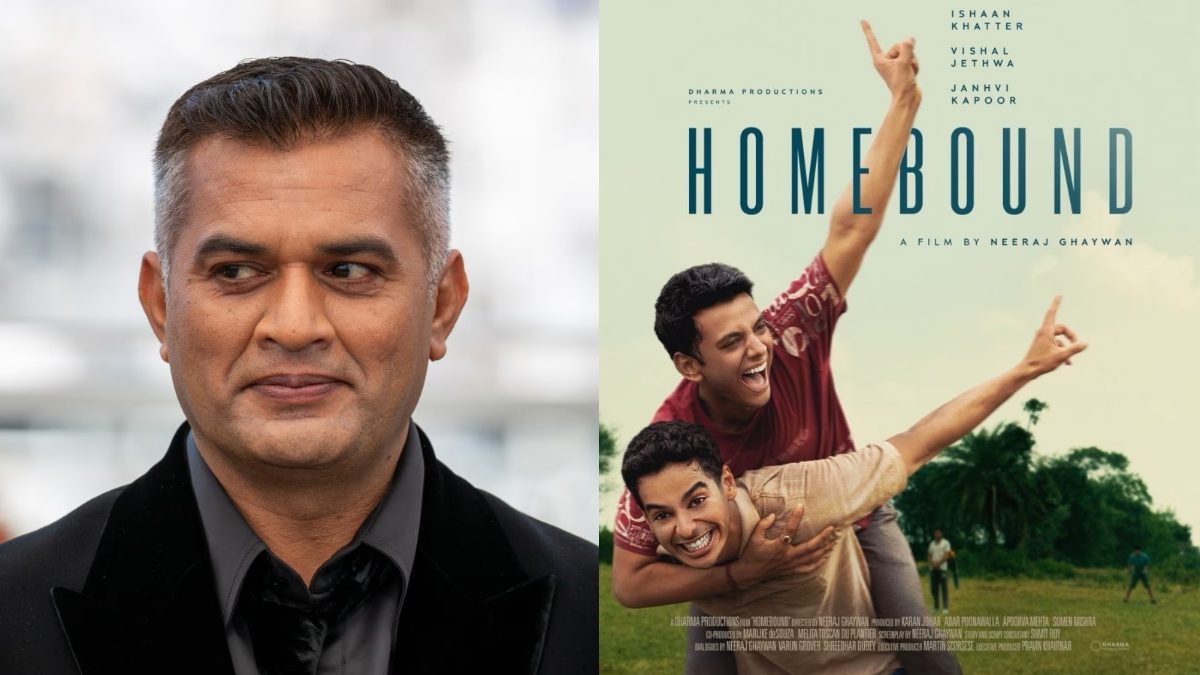)
)
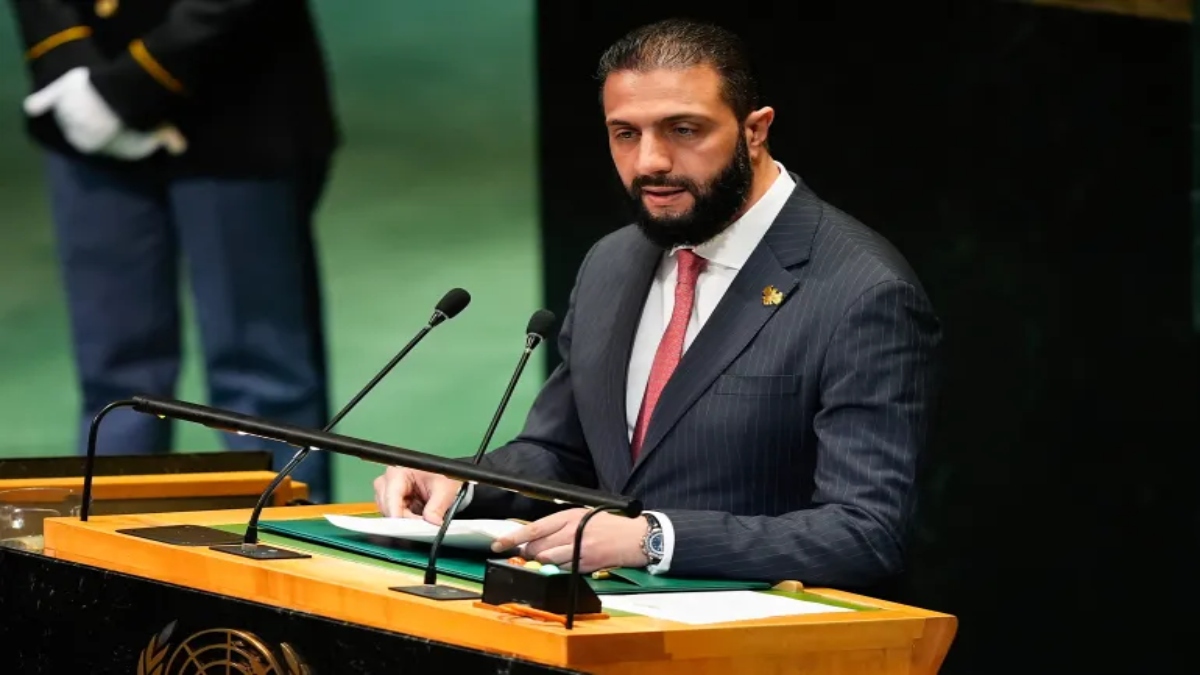)
)
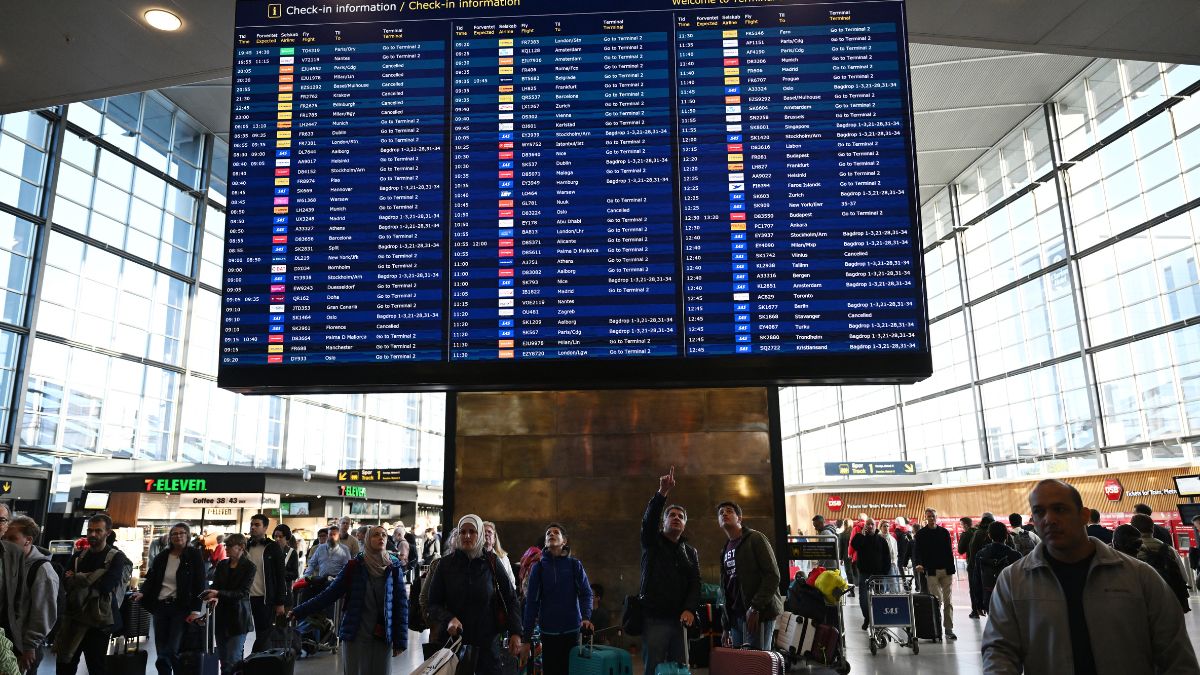)
)
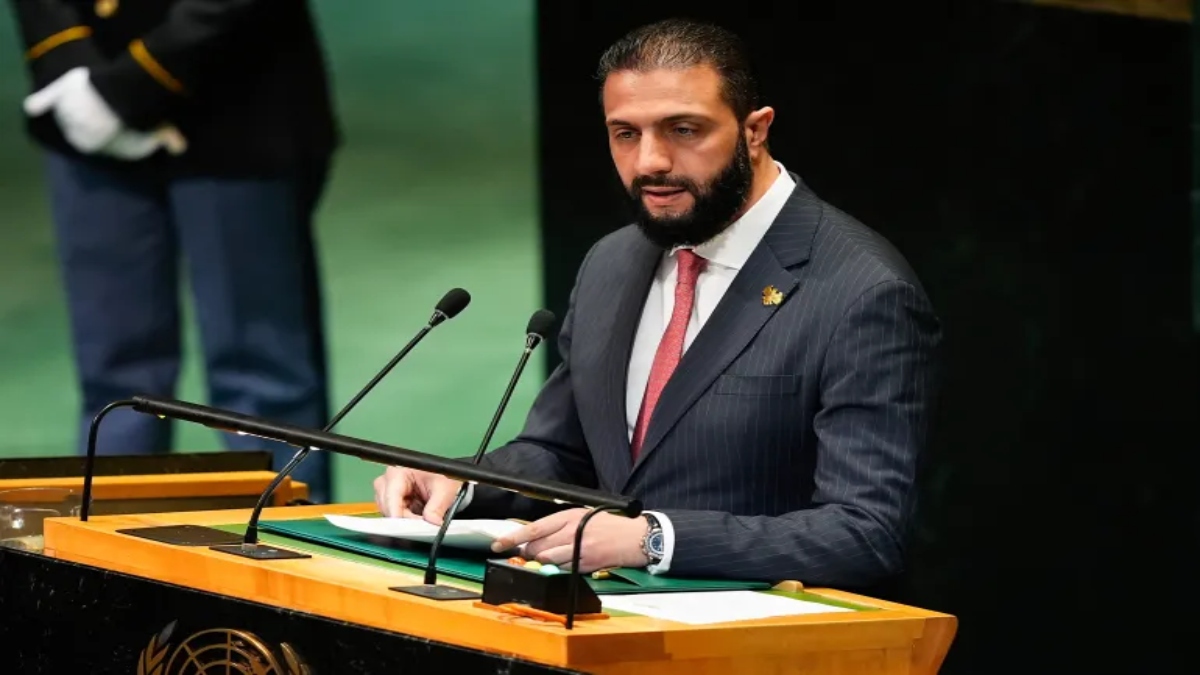)
)
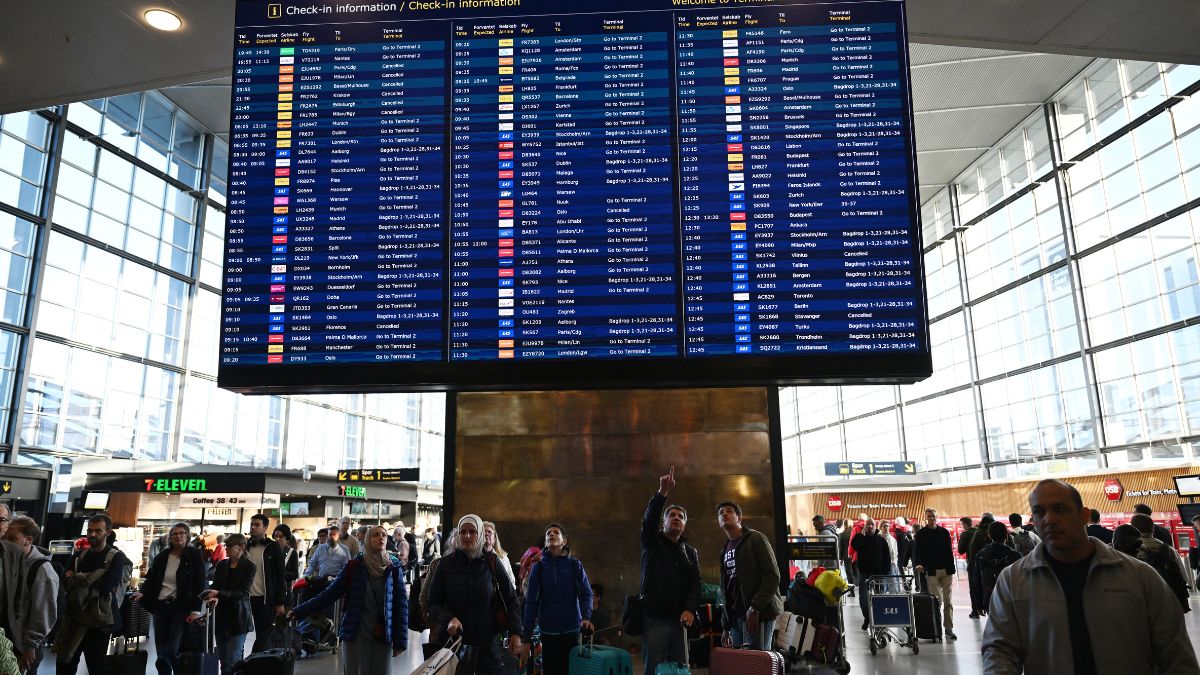)



